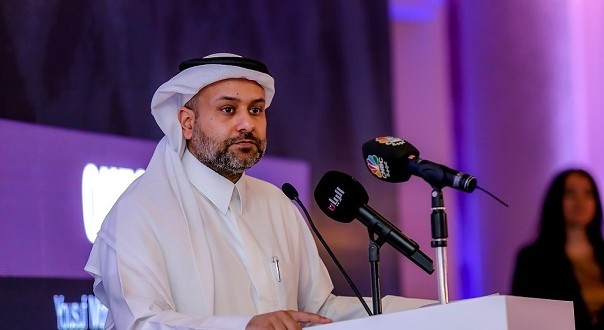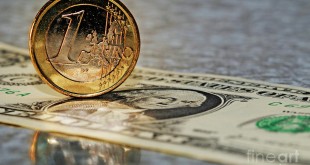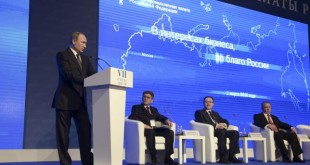Several Gulf nations involved in the diplomatic freeze against Qatar may have doubled down on their list of demands, but the CEO of the Qatar Financial Centre put on a brave face in an interview with CNBC.
His country, he said, has weathered worse economic conditions than those now imposed by its neighbors.
Referring to the regional dispute as “an aggression upon the state of Qatar,” Qatar Financial Centre CEO Yousuf Mohamed Al-Jaida told CNBC that geopolitical uncertainty in the region was “bad” for business.
Still, he also claimed it was “business as usual” for the country. Some in the greater region, however, may be less comfortable, Al-Jaida said.
“I think investors who were set up in nearby countries to do business in this part of the world … have obviously suffered a lot of consequences,” he said.
Qatar is currently on the receiving end of a diplomatic spat led by several leading Arab nations — including Saudi Arabia, Bahrain and the United Arab Emirates — that has played out for longer more a month. The countries had claimed the reason they had cut ties with Qatar was because the latter had been supporting terrorism, although several other reasons have been suggested be experts on the region.
While there was an initial sense of shock when the crisis first unfolded early in June, Qatar has dealt with worse economic conditions before and survived, Al-Jaida said.
“This is bad, but it has gotten worse previously. I think 2008 was a way worse economic crisis than this,” he added.
One economic consequence of the diplomatic standoff has been a Moody’s downgrade of the outlook of Qatar’s sovereign credit to “negative” from “stable.”
While this might have implications for borrowing costs, Doha Bank CEO Raghavan Seetharaman told CNBC that economic sustainability was “not a challenge” for Qatar.
“The outlook has been put to negative. It means the borrowing costs for the sovereign or institutions may go up slightly. It doesn’t imply anything beyond that,” Doha Bank CEO Raghavan Seetharaman told CNBC.
“There is nothing [that] can disturb the financial stability in the medium and long term. Short-term turbulence, yes. Medium and long term, no. Nothing to worry. Trust the economy,” Seetharaman reiterated.
Amidst the diplomatic standoff, which could potentially persist for months, there may be one silver lining for Qatar.
“We see a lot of businesses in the region who have committed to this part of the world who are being told not to do business with Qatar. And that, in the very short term, has forced people to basically relocate to Qatar and set up shop in Qatar to be able to service the Qatar economy,” Al-Jaidi said.
“The message I would like to send is that post-crisis Qatar will be stronger, more open and will basically become a destination of choice … for the rest of the globe.”
 Trade Forex Forex and Commodities News
Trade Forex Forex and Commodities News




